
Knowledge & Society: Shifts in knowledge production, organisation and transfer
Digital technologies change the way knowledge is produced, organized and communicated. In the Knowledge & Society research program, we therefore monitor this change. We conduct basic and applied interdisciplinary research in science and higher education studies. In doing so, we combine approaches from science and technology studies, information science, and organizational sociology. Our goal is not only to publish our results in high impact journals, but also to develop actionable knowledge for science policy and university management.
Research focus
We systematically cluster our current research on the transformation of academic knowledge production, organization, and dissemination through digital innovations into three focal areas:
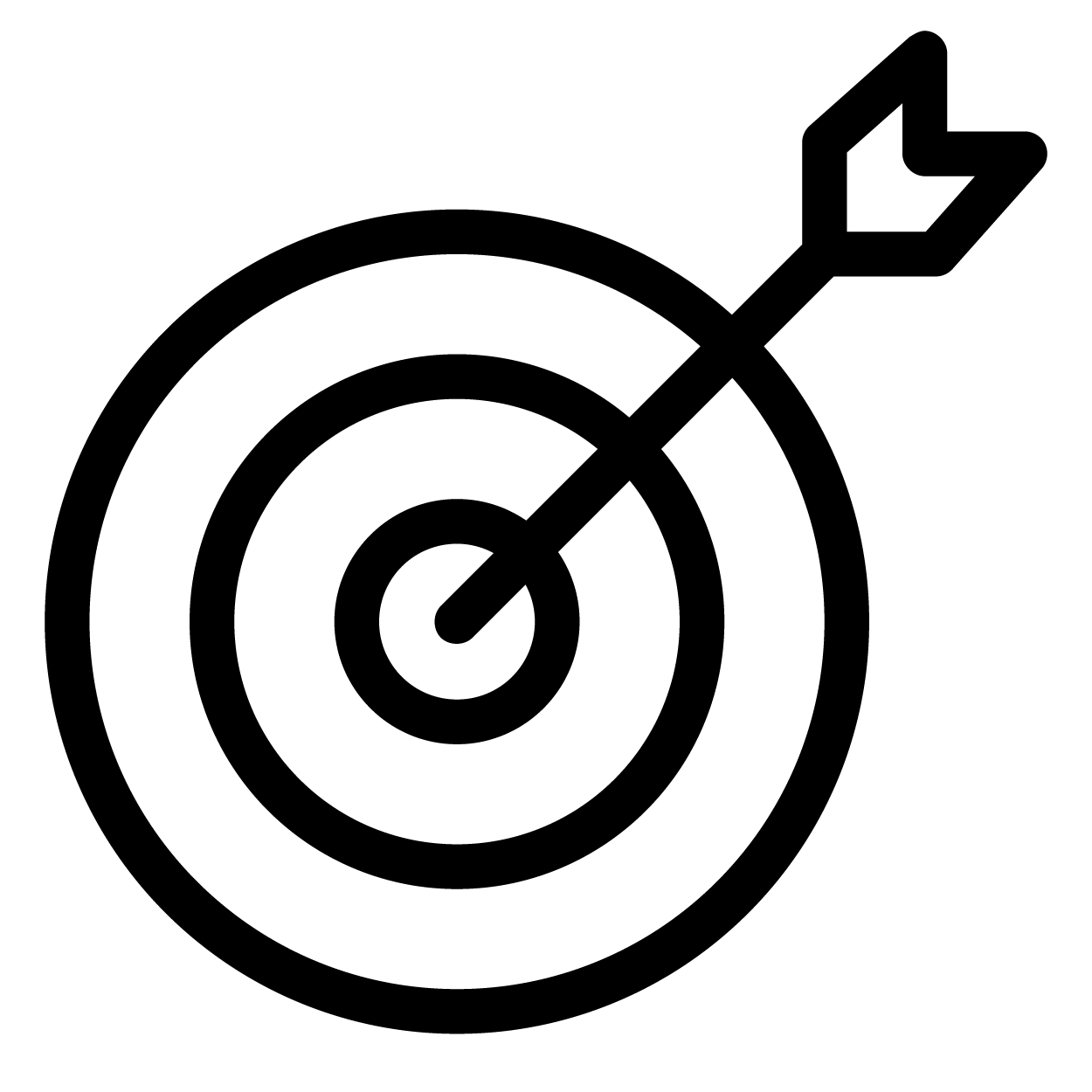 | Societal impact of researchHow do science and society interact? How do actors from politics, the media, business and civil society process scientific findings? How can societal impact be measured and evaluated? Current research projects |
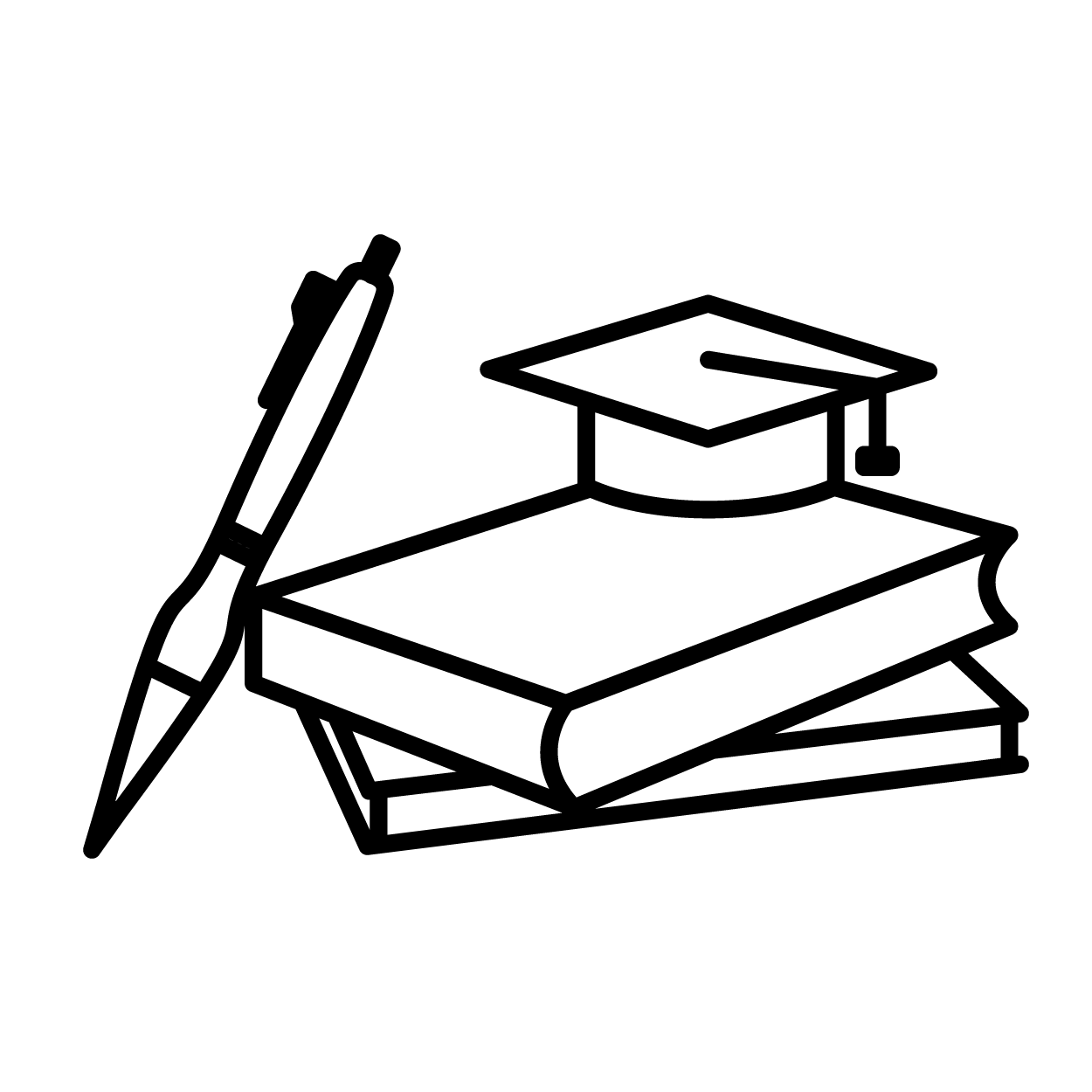 | Innovation in higher educationHow are digital learning innovations changing tertiary education and university organization? How can universities successfully master the digital transformation of university teaching? Current research projects |
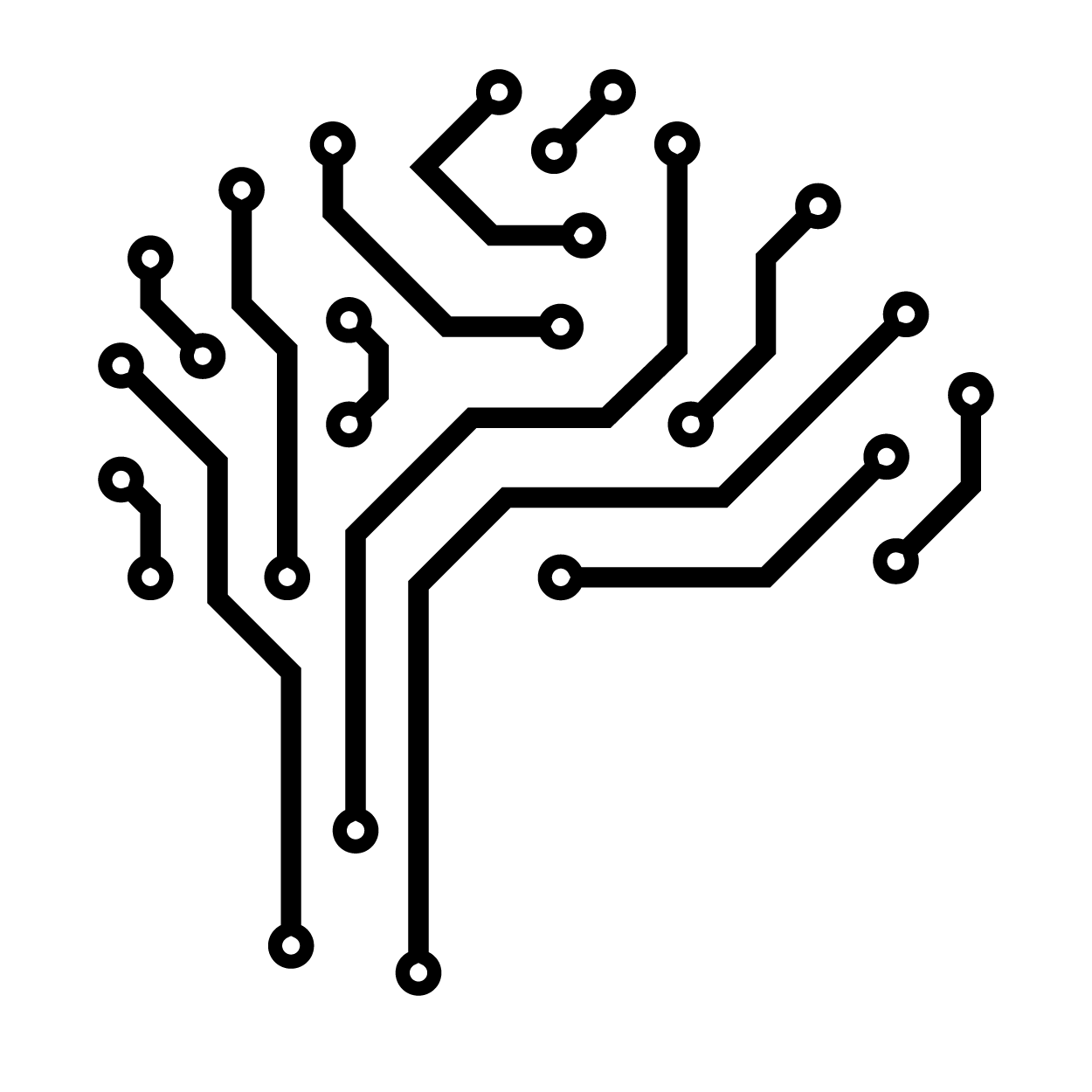 | Infrastructures of knowledgeHow does research change with digital infrastructures? How do we ensure the autonomy and diversity of scientific publishing? What does digitization entail for good scientific practice? Current research projects |
Transfer formats
Based on our research, we create transfer and training formats for young researchers to support them in view of the changing working and research conditions.
Elephant in the Lab
In our blog journal, Elephant in the Lab, we address and discuss issues of science and innovation policy.
Twentyfourty
In the project 2040 – Utopias for a digital society we conducted a science communication experiment, which resulted in an open-access anthology and comprehensive teaching material. At the same time, we want to support early career researchers with our transfer and training formats in view of the changing working and research conditions.
Impact School
In cooperation with the Leibniz Research Network Open Science, we developed the Impact School, which provides training for doctoral students and postdocs on the topic of impact & knowledge transfer.
Open higher education
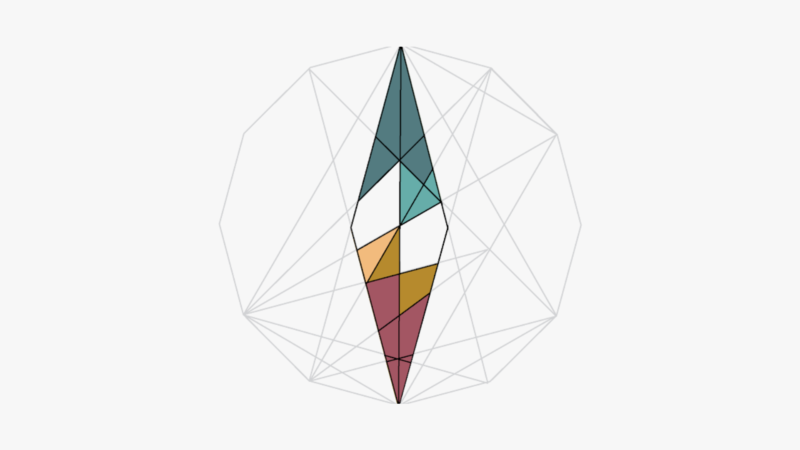 Science & education
Science & educationAction for Interactive Anti-Polarisation Learning Experiences for a Better Democracy
The ACTILPEX consortium provides students and other interested parties with the tools to understand mechanisms of polarisation and to counteract them.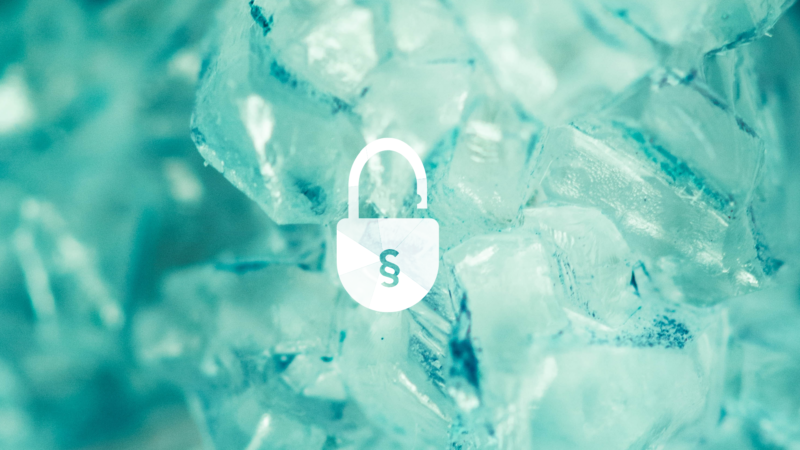 Politics & law · Science & education
Politics & law · Science & educationAcquisition logic as an obstacle to Diamond Open Access
The research project is investigating how Diamond Open Access publication model can be organised in Germany in the long term. Science & education · Science engagement
Science & education · Science engagementCapacities and competencies in dealing with hate speech and hostility towards science
This project develops strategies to make the science system more resilient to high publicity negative statements.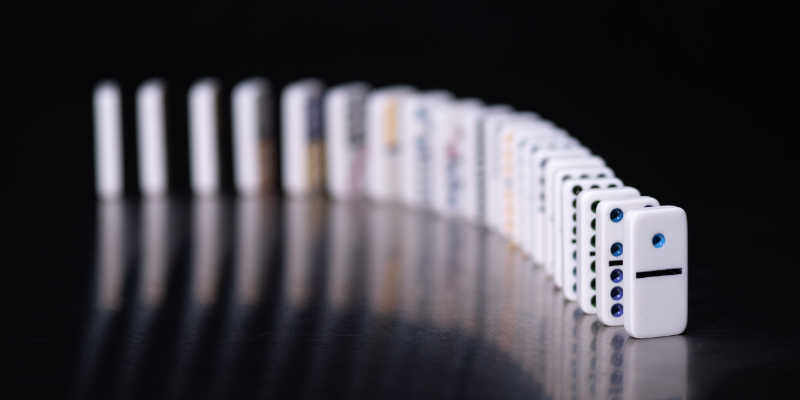 Politics & law · Science & education · Science engagement
Politics & law · Science & education · Science engagementRepository for scientific policy and society advice
Political decisions are increasingly based on empirical research results. The project makes advisory documents specifically searchable and develops quality standards. Science & education
Science & educationOrganisational Resilience and Creativity: Exploring the Future of Educational Technology
How can educational technology be creatively contribute to building resilient universities and equip them to cope with future change?
 Science & education · Society & culture
Science & education · Society & cultureScholar-led Plus: Tailored support for scholar-led publishing
This research project aims to improve the publication situation of scholar-led, non-APC open access gold journals through a consortial support structure.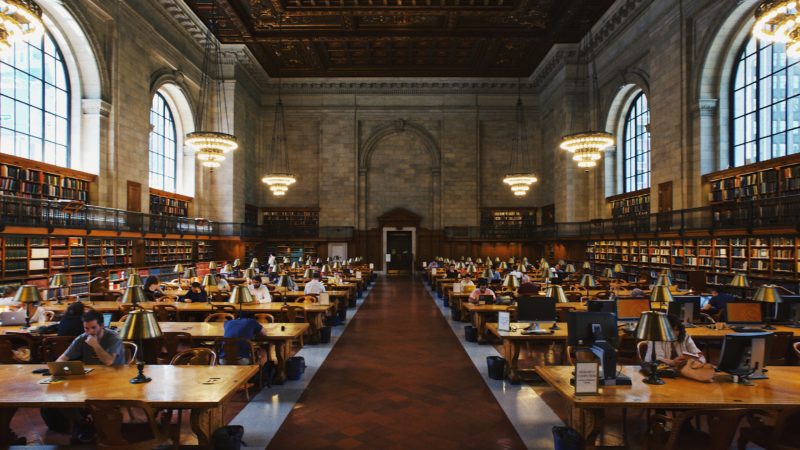 Science & education
Science & educationOrganisational Adaptivity in the German Higher Education Context
In this project, we investigate the digitalisation of higher education, with a focus placed on exploring the implementation of teaching and learning innovations. Science & education · Society & culture
Science & education · Society & cultureIMPaQT – Indicators, Measurement and Performance of Quality Assurance: Third-Mission-Activities in the Social Sciences
The research project “IMPaQT” is about making knowledge transfer from research to society measurable through quality criteria and indicators.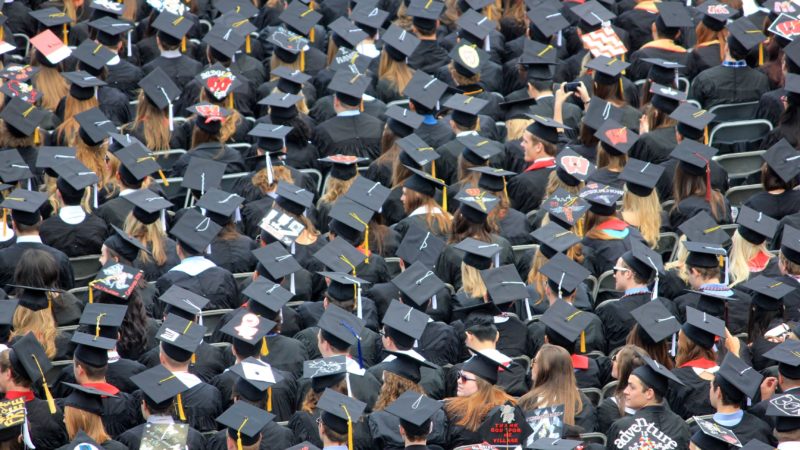 Science & education · Science engagement
Science & education · Science engagementACTiSS: Action for computational social science
This educational project aims at fostering the development of computational thinking among social science students and young professionals. All digital training and teaching materials...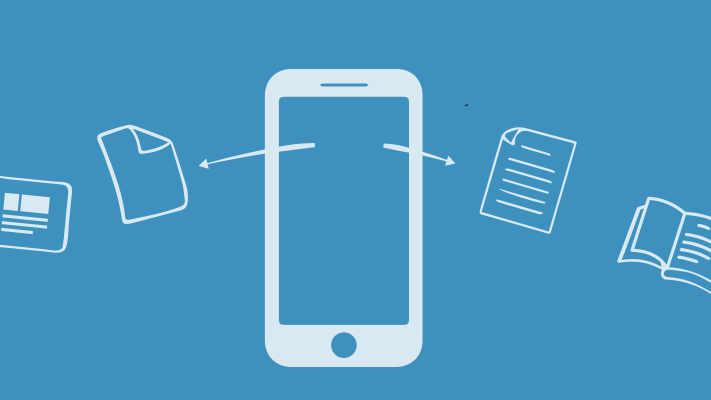 Science & education · Society & culture
Science & education · Society & cultureDREAM (Digital Research Mining)
As part of the DREAM project, a mobile application is being developed that simplifies the search for scientific open access publications and suggests suitable...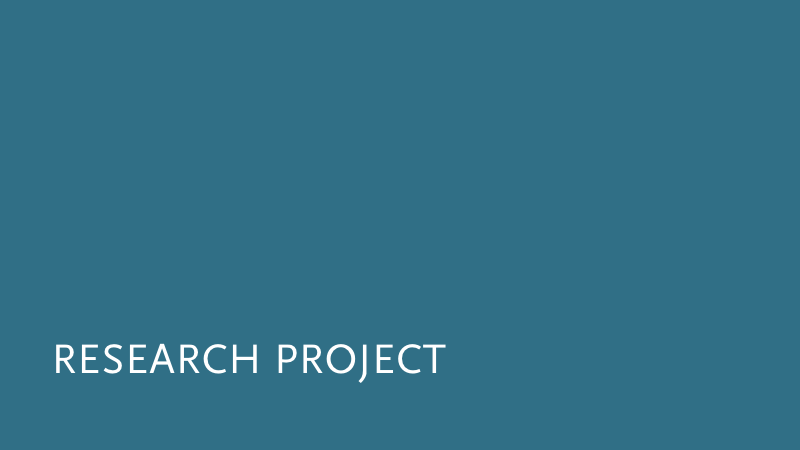 Science & education · Society & culture
Science & education · Society & culturePelagios Network: Linking the places of your past
The project investigates new methodologies for using Linked Data to connect historical sources through common references using a variety of digital content including text,... Science & education · Society & culture
Science & education · Society & cultureOpening Science
It seems as though the digitalisation of research is accompanied by a revision of established research practices and an opening of the research process....
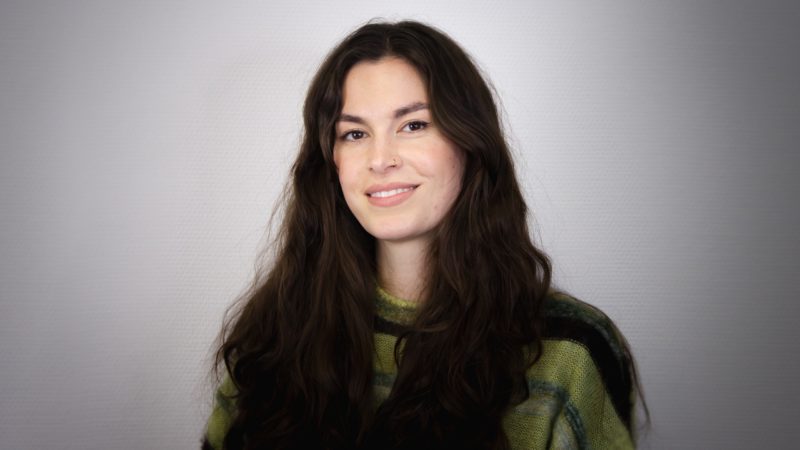 Anna AustStudent assistant: Knowledge & Society
Anna AustStudent assistant: Knowledge & Society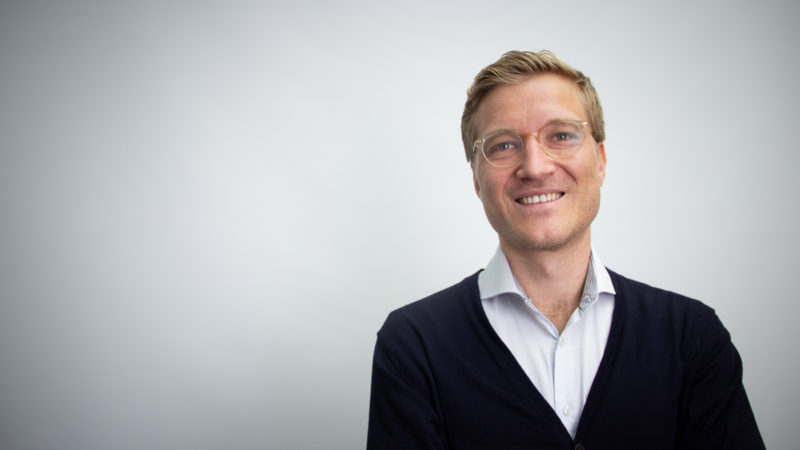 Benedikt Fecher, Dr.Associate Researcher & Former Head of Research Programme: Knowledge & Society
Benedikt Fecher, Dr.Associate Researcher & Former Head of Research Programme: Knowledge & Society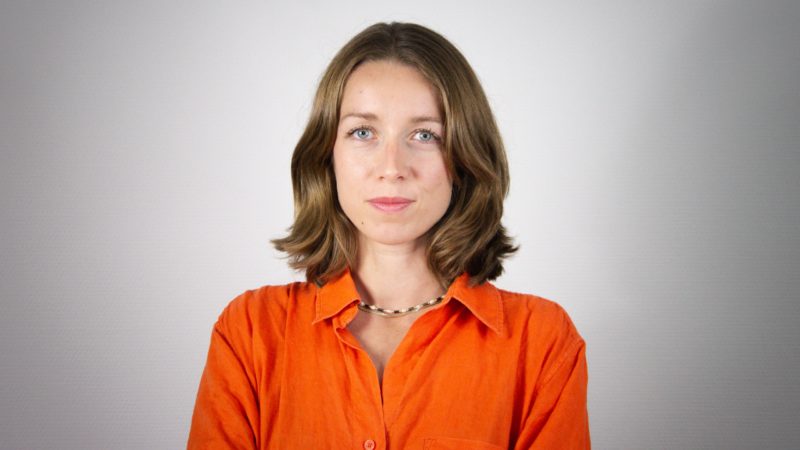 Bronwen DeaconResearcher and project manager: Knowledge & Society
Bronwen DeaconResearcher and project manager: Knowledge & Society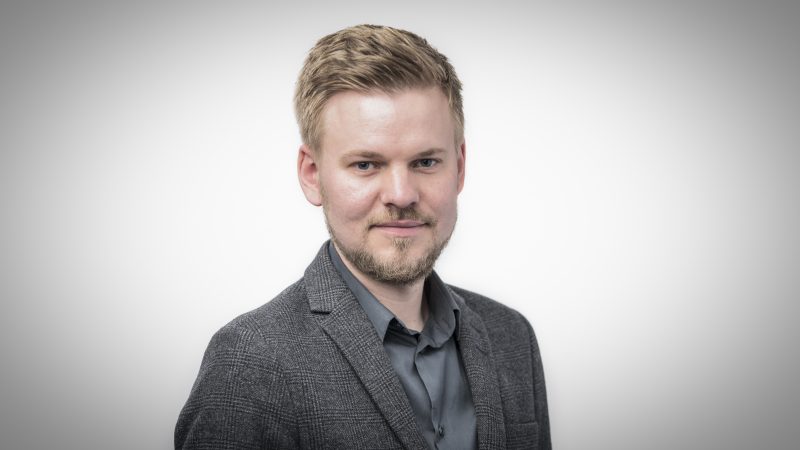 Christian KobsdaAssociated Researcher: Knowledge & Society
Christian KobsdaAssociated Researcher: Knowledge & Society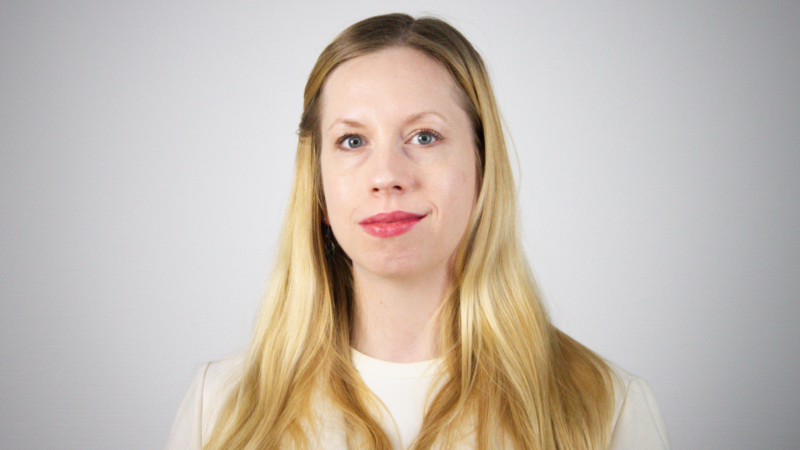 Dr Irene Broer (parental leave)Senior Researcher: Knowledge & Society
Dr Irene Broer (parental leave)Senior Researcher: Knowledge & Society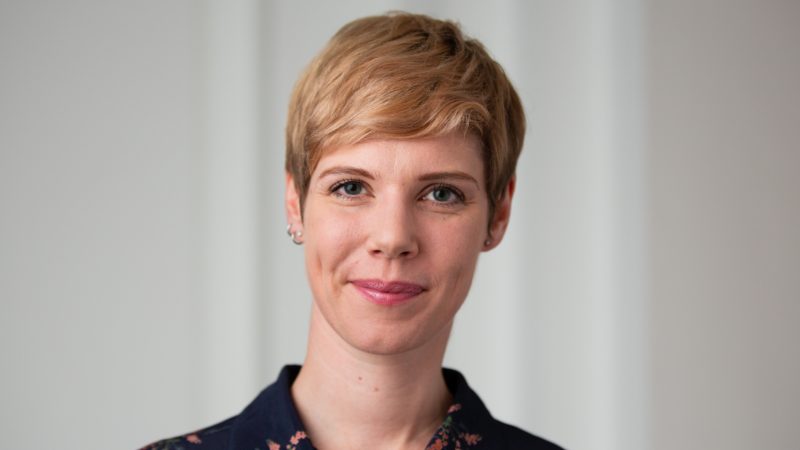 Elisabeth Mayweg, Prof. Dr.Associated Researcher: Knowledge & Society
Elisabeth Mayweg, Prof. Dr.Associated Researcher: Knowledge & Society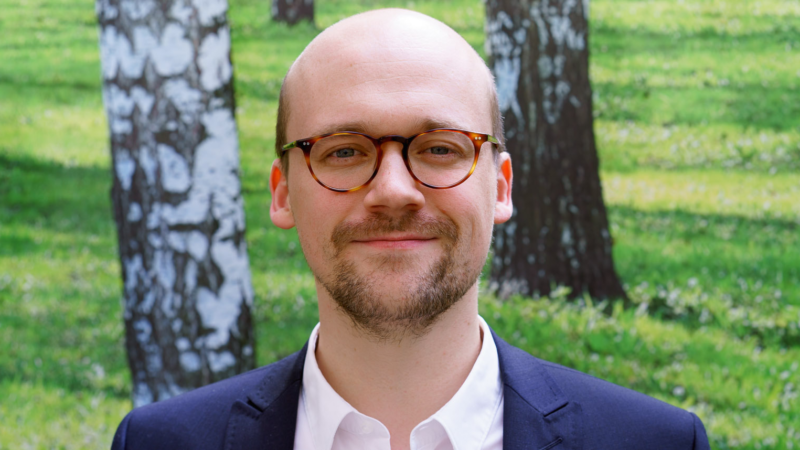 Jonas KaiserAssociated Researcher: Knowledge & Society
Jonas KaiserAssociated Researcher: Knowledge & Society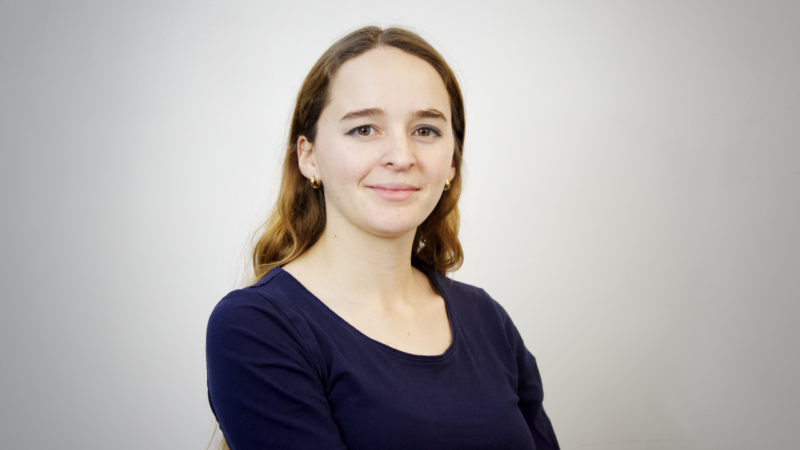 Katherina Holscher BlackmanResearch Assistant: Knowledge & Society
Katherina Holscher BlackmanResearch Assistant: Knowledge & Society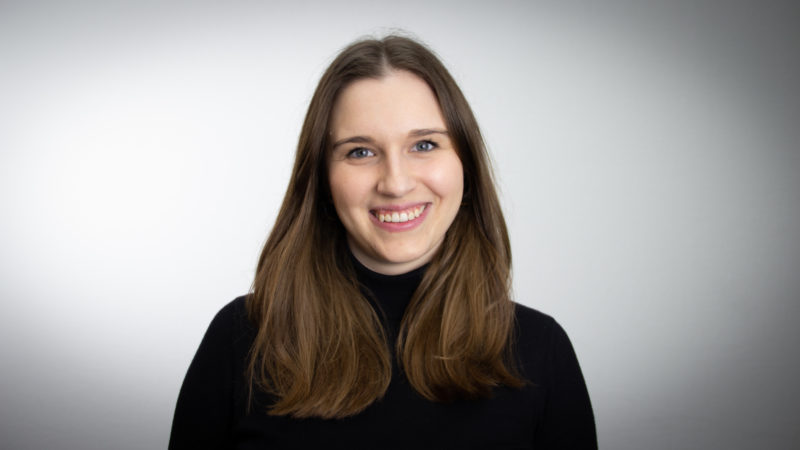 Lena HenkesResearcher: Knowledge & Society
Lena HenkesResearcher: Knowledge & Society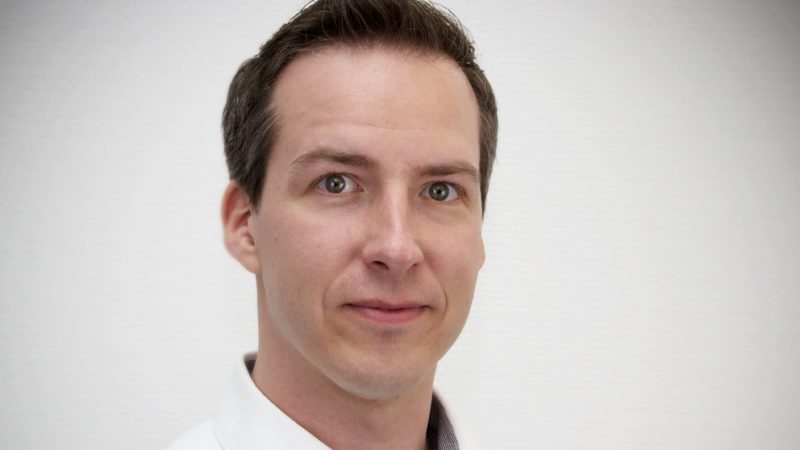 Marcel Hebing, Prof. Dr.Associated Researcher: Knowledge & Society
Marcel Hebing, Prof. Dr.Associated Researcher: Knowledge & Society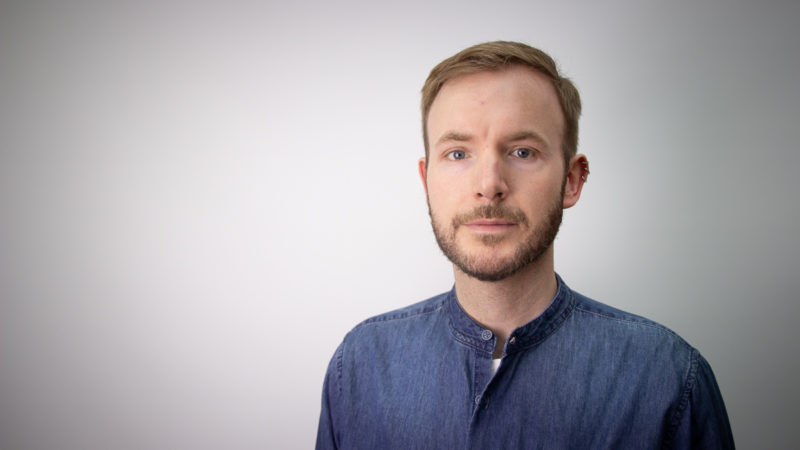 Marcel Wrzesinski, Dr.ELADOAH | Open Access Officer
Marcel Wrzesinski, Dr.ELADOAH | Open Access Officer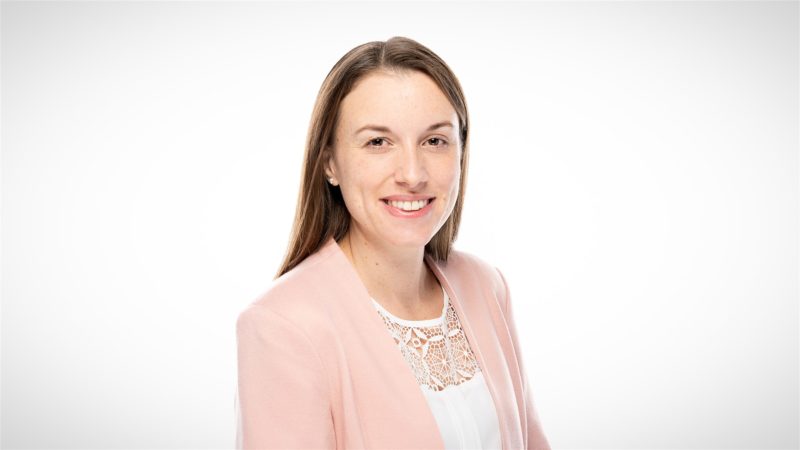 Melissa Laufer, Dr. (on parental leave)Head of Research Programme: Knowledge & Society
Melissa Laufer, Dr. (on parental leave)Head of Research Programme: Knowledge & Society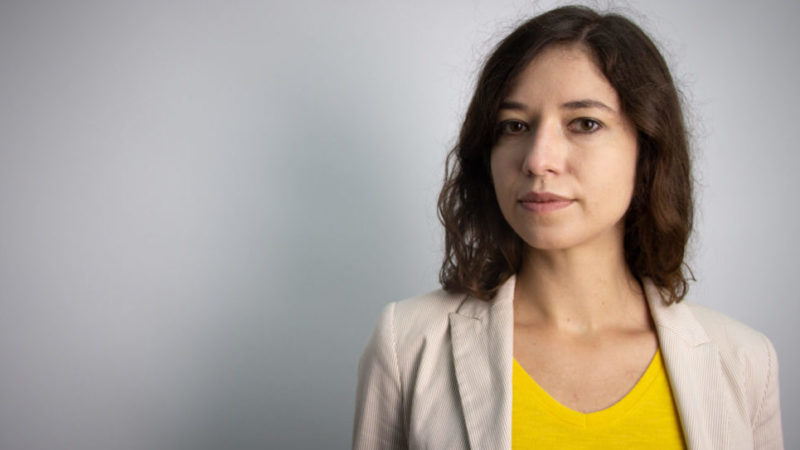 Nataliia SokolovskaHead of Research Programme: Knowledge & Society
Nataliia SokolovskaHead of Research Programme: Knowledge & Society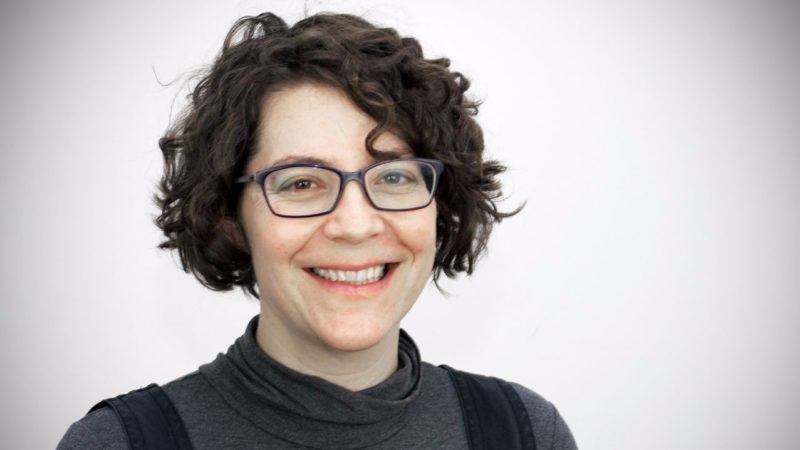 Rebecca Kahn, Dr.Associated Researcher: Knowledge & Society
Rebecca Kahn, Dr.Associated Researcher: Knowledge & Society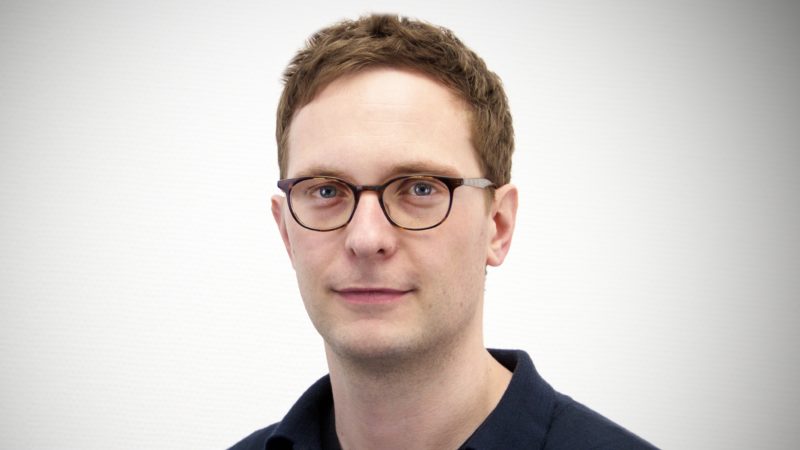 Sascha Friesike, Prof. Dr.Associated Researcher: Knowledge & Society
Sascha Friesike, Prof. Dr.Associated Researcher: Knowledge & Society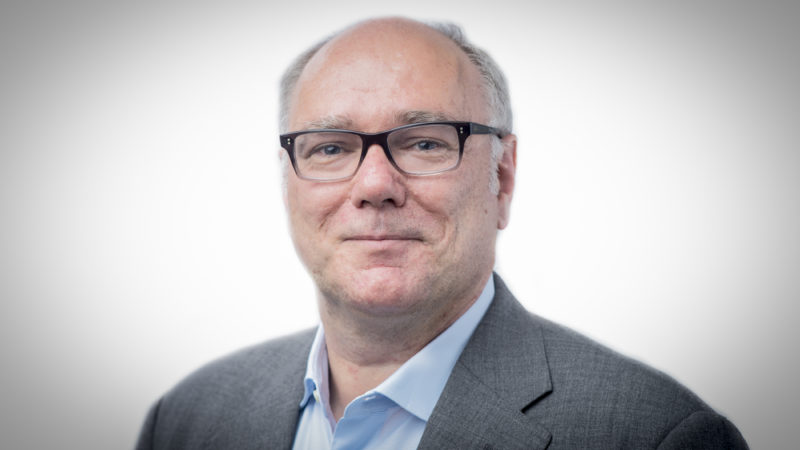 Wolfgang Schulz, Prof. Dr.Research Director
Wolfgang Schulz, Prof. Dr.Research Director
-
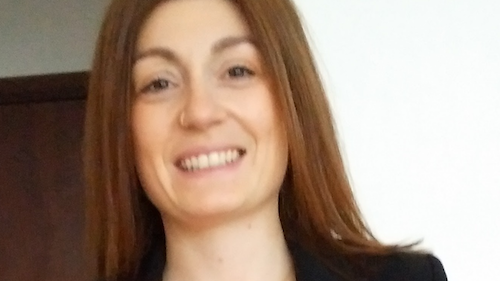 Alexandra GiannopoulouFormer Fellow: Knowledge & Society
Alexandra GiannopoulouFormer Fellow: Knowledge & Society -
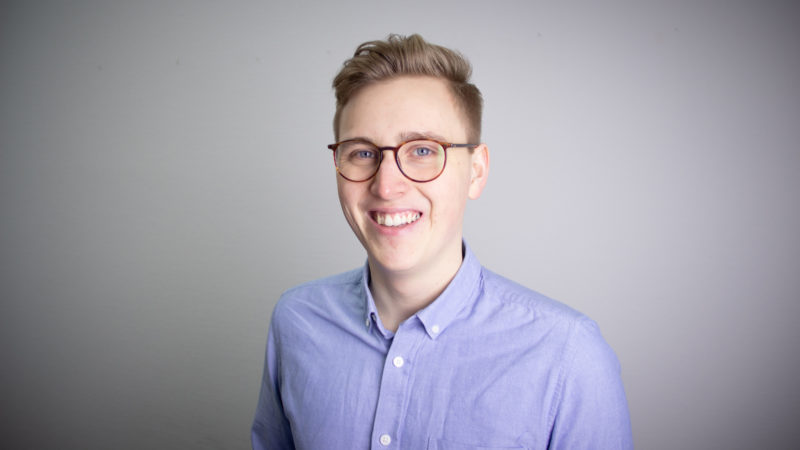 Elias KochFormer Student assistant: Knowledge & Society
Elias KochFormer Student assistant: Knowledge & Society -
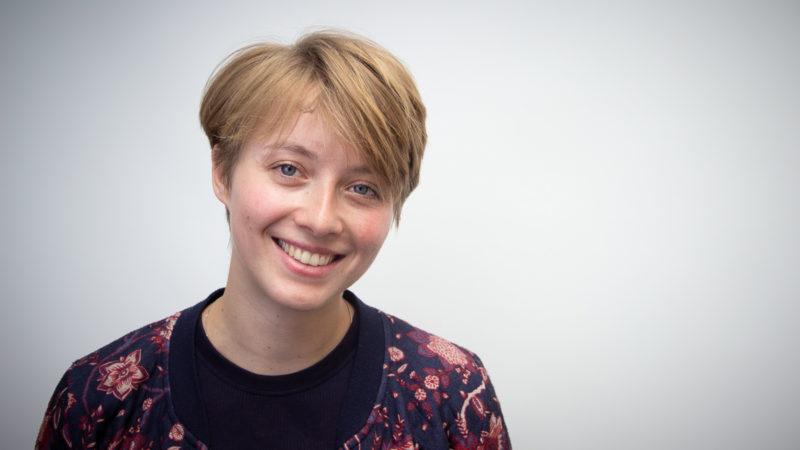 Franziska CagicStudent assistant: Knowledge & Society
Franziska CagicStudent assistant: Knowledge & Society -
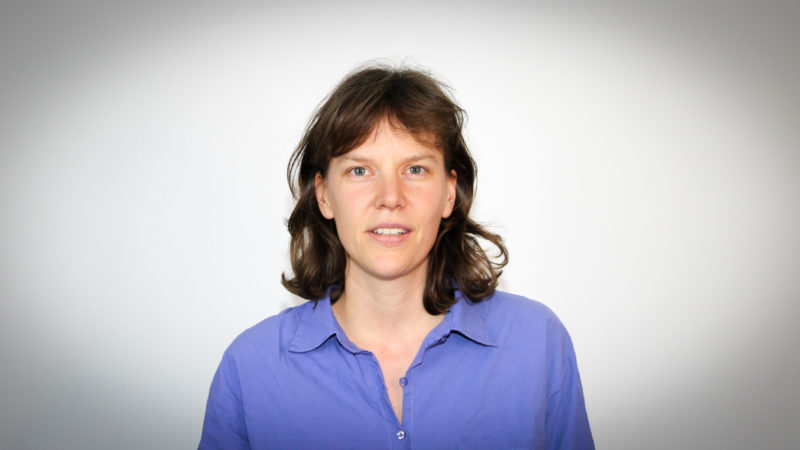 Freia KuperFormer associated Researcher: Knowledge & Society
Freia KuperFormer associated Researcher: Knowledge & Society -
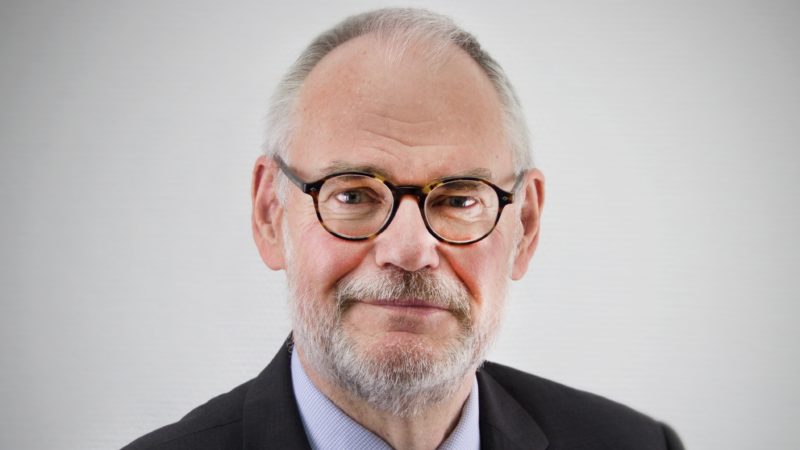 Gert G. Wagner, Dr.Former Associated Researcher: Knowledge & Society
Gert G. Wagner, Dr.Former Associated Researcher: Knowledge & Society -
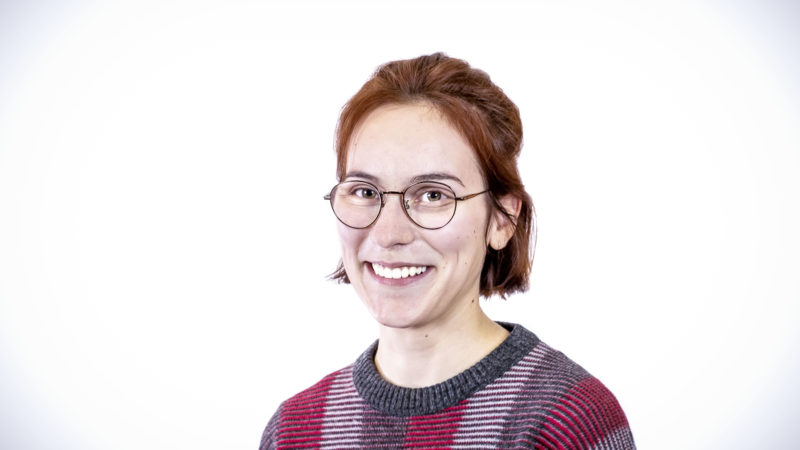 Johanna KlixFormer student assistant: Knowledge & Society
Johanna KlixFormer student assistant: Knowledge & Society -
 Maricia Aline MendeFormer Student Assistant: Knowledge & Society
Maricia Aline MendeFormer Student Assistant: Knowledge & Society -
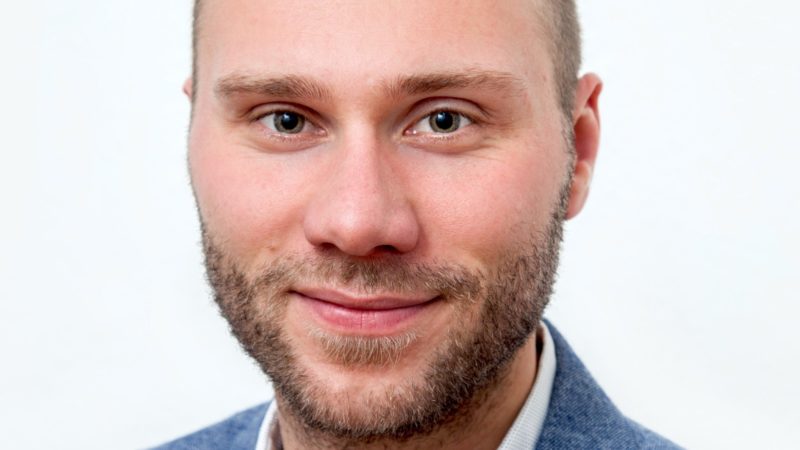 Martin SchmidtAssociated Researcher: Knowledge & Society
Martin SchmidtAssociated Researcher: Knowledge & Society -
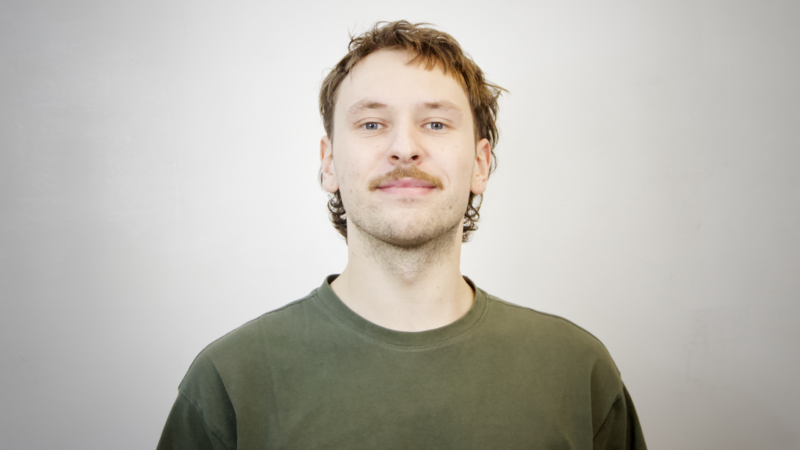 Marvin SieveringFormer student assistant: Organizational Resilience and Creativity (ORC)
Marvin SieveringFormer student assistant: Organizational Resilience and Creativity (ORC) -
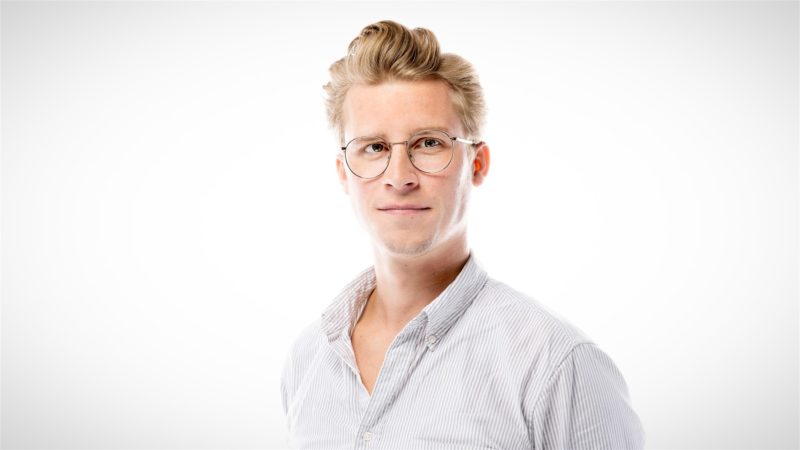 Moritz TimmFormer Researcher & Project Coordinator
Moritz TimmFormer Researcher & Project Coordinator -
 Pablo BeytíaFormer Associated Researcher: Knowledge & Society
Pablo BeytíaFormer Associated Researcher: Knowledge & Society -
 Paola Perrin de BrichambautFormer Student Assistant: Knowledge & Society
Paola Perrin de BrichambautFormer Student Assistant: Knowledge & Society -
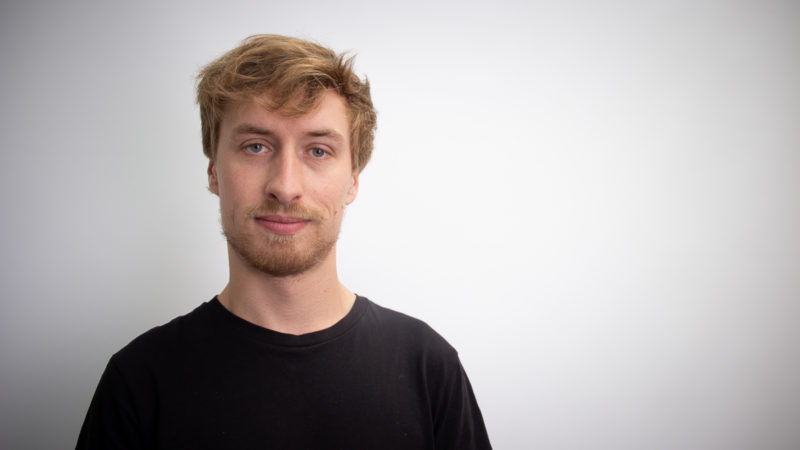 Philip NebeStudent Assistant: Knowledge & Society
Philip NebeStudent Assistant: Knowledge & Society -
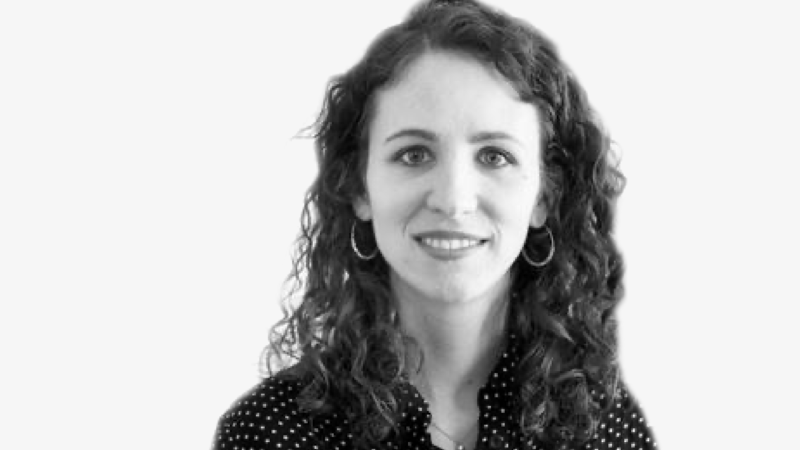 Raffaela KunzFormer Fellow: Knowledge & Society
Raffaela KunzFormer Fellow: Knowledge & Society -
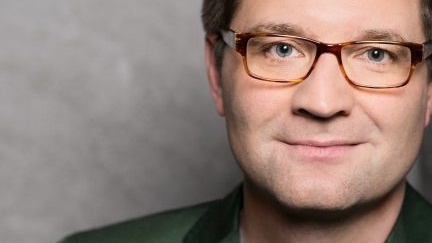 Sönke Bartling, PD Dr. med.Former Associated Researcher: Knowledge & Society
Sönke Bartling, PD Dr. med.Former Associated Researcher: Knowledge & Society -
 Teresa VölkerFormer Associated Researcher: Knowledge & Society
Teresa VölkerFormer Associated Researcher: Knowledge & Society -
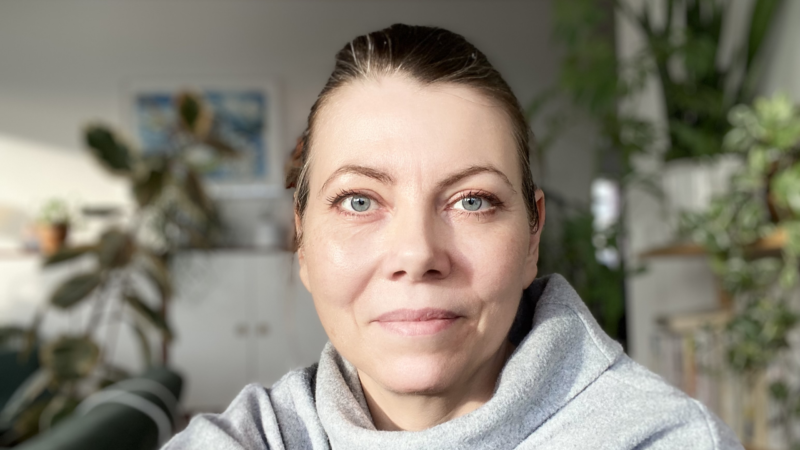 Thorlaug (Thora) Borg AgustsdottirFormer Fellow - Knowledge & Society: Shifts in knowledge production, organisation and transfer
Thorlaug (Thora) Borg AgustsdottirFormer Fellow - Knowledge & Society: Shifts in knowledge production, organisation and transfer -
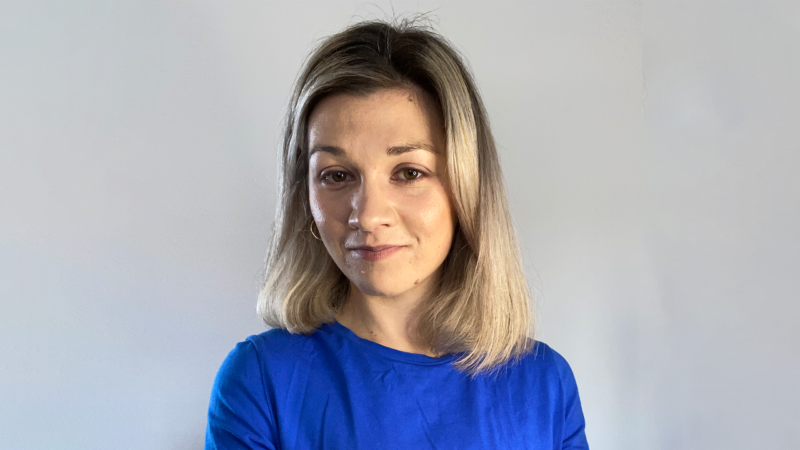 Tinca LukanFormer Fellow: Knowledge & Society
Tinca LukanFormer Fellow: Knowledge & Society
Books
Blümel C., Fecher B., & Leimüller G. (2019). Was gewinnen wir durch Open Science und Open Innovation? Essen: Edition Stifterverband Verwaltungsgesellschaft für Wissenschaftspflege mbH. Publication details
Fecher, B. (2018). Eine Reputationsökonomie. Der Wert der Daten in der akademischen Forschung. Wiesbaden, Hessen: Springer VS. Publication details
Hebing, M. (2016). A Metadata-Driven Approach to Panel Data Management and Its Application in DDI on Rails: Dissertation. Bamberg: opus. Publication details
Bartling, S. & Friesike, S. (2013). Opening Science: The Evolving Guide on How the Internet is Changing Research, Collaboration and Scholarly Publishing. New York, NY: Springer. Publication details
Journal articles and conference proceedings
Fecher, B., Hebing, M., Laufer, M., Pohle, J., Sofsky, F. (2023). Friend or foe? Exploring the implications of large language models on the science system. AI & Society, 38. DOI: 10.1007/s00146-023-01791-1 Publication details
Fecher, B., Hebing, M., Laufer, M., Pohle, J., & Sofsky, F. (2023). Friend or foe? Exploring the implications of large language models on the science system. AI & Soc. DOI: 10.1007/s00146-023-01791-1 Publication details
Fecher, B., Kuper, F., Fähnrich, B., Schmid-Petri, H., Schildhauer, T., Weingart, P., & Wormer, H. (2022). Balancing interests between freedom and censorship: Organizational strategies for quality assurance in science communication. Science and Public Policy, scac043, 1-14. DOI: 10.1093/scipol/scac043 Publication details
Timm, M., Deacon, B., Laufer, M, Schäfer, L. O. & Tschache, T. (2022). Atomisierung, Innovation und Organisation: Qualität der Lehre im ersten Digitalsemester. In M.Bigos, J. Hiebl, & I. Steinhardt (Eds.). Soziologische Betrachtungen zur Digitalisierung der Lehre (in der COVID-19-Pandemie) [Special issue] die hochschullehre, 8(28), 395-408. DOI: 10.3278/HSL2228W Publication details
Fecher, B., & Hebing, M. (2021). How do researchers approach societal impact? PLoS ONE. DOI: 10.1371/journal.pone.0254006 Publication details
Huisman, J., Vlegels, J., Daenekindt, S., Seeber, M. & Laufer, M. (2021). How satisfied are international students? The role of town, gown and motivations. Compare: A Journal of Comparative and International Education. DOI: 10.1080/03057925.2020.1867826 Publication details
Beck, S., Bergenholtz, C., […], Fecher, B., et al. (2020). The Open Innovation in Science research field: a collaborative conceptualisation approach. Industry and Innovation. DOI: 10.1080/13662716.2020.1792274 Publication details
Kaiser, J., & Rauchfleisch, A. (2019). Integrating Concepts of Counterpublics into Generalised Public Sphere Frameworks: Contemporary Transformations in Radical Forms. Journal of the European Institute for Communication and Culture. DOI: /10.1080/13183222.2018.1558676 Publication details
Fecher, B. & Kobsda, C. (2019). Meet the Research Impact Canvas. Elephant in the Lab. DOI: 10.5281/zenodo.3368480 Publication details
Friesike, S., Fecher, B., & Wagner, G.G. (2018). Teach young scientists the importance of societal impact for research. Nature - International journal of science. DOI: 10.1038/d41586-018-02066-2 Publication details
Mueller-Langer, F., Fecher, B., Harhoff, D., Wagner, G.G. (2018). Replication studies in economics—How many and which papers are chosen for replication, and why? Research Policy, 48(1), 62-83. DOI: 10.1016/j.respol.2018.07.019 Publication details
Blagoev, B., Felten, S., & Kahn, R. (2018). The Career of a Catalogue: Organizational Memory, Materiality and the Dual Nature of the Past at the British Museum (1970–Today). Sage Journals. DOI: 10.1177/0170840618789189 Publication details
Sokolovska, N. (2018). DREAM – Digital REseArch Mining: pocket library for open content. Open Access in Berlin/Brandenburg 2018. Publication details
Gigerenzer, G., Rebitschek, F.G., Wagner, G.G. (2018). Eine vermessene Gesellschaft braucht Transparenz. Wirtschaftsdienst, 98(12), 860-866. Publication details
Fecher, B., Fräßdorf, M., Hebing, M., & Wagner, G. G. (2017). Replikationen, Reputation und gute wissenschaftliche Praxis. Information - Wissenschaft & Praxis, 68(3). Publication details
Fecher, B., Friesike, S., Hebing, M., & Linek, S. (2017). A reputation economy: how individual reward considerations trump systemic arguments for open access to data. Palgrave Communications, 3. Publication details
Rebitschek, F. G., Gigerenzer, G., & Wagner, G.G. (2017). Kritische Voraussetzungen für ein digitales Gesundheitswesen in Deutschland. Wirtschaftsdienst, 97(10), 699-703. DOI: 10.1007/s10273-017-2200-8 Publication details
Fecher, B., Fräßdorf, M., Hebing, M., & Wagner, G. G. (2017). Replikationen, Reputation und gute wissenschaftliche Praxis. Information - Wissenschaft & Praxis, 68(3). DOI: 10.1515/iwp-2017-0025 Publication details
Blagoyev, B., Felten, S. & Kahn, R. (2017). The Career of a Catalog: Organizational Memory, Materiality and The Dual Nature of the Past at the British Museum (1970 – Today). Organization Studies(Special Issue: Uses of the Past). DOI: 10.1177/0170840618789189 Publication details
Fecher, B. (2016). “Mehr Licht” Offenheit muss sich lohnen. Laborjournal Online. Publication details
Scheliga, K., Friesike, S., Puschmann, C., & Fecher, B. (2016). Setting up crowd science projects. Public Understanding of Science, 1-20. Publication details
Fecher, B. & Wagner, G. (2016). Open Access, Innovation, and Research Infrastructure. Publications, 4(2). Publication details
Fecher, B. & Wagner, G. (2016). A research symbiont. Science, 351(6280), 1405-1406. Publication details
Gibson, L. & Kahn, R. (2016). Digital Museums in the 21st Century: Global Microphones or Universal Mufflers? Museological Review, 20, 39-52. Publication details
Mayweg-Paus, E., Thiebach, M., & Jucks, R. (2016). Let me critically question this! Insights from a training study on the role of questioning in argumentative discourse. International Journal of Educational Research, 79, 195-210. DOI: 10.1016/j.ijer.2016.05.017 Publication details
Mayweg-Paus, E., Macagno, F. & Kuhn, D. (2016). Developing argumentation strategies in electronic dialogs: Is modeling effective? Discourse Processes, 53(4), 280-297. DOI: 10.1080/0163853X.2015.1040323 Publication details
Thiebach, M., Mayweg-Paus, E., & Jucks, R. (2016). Better to agree or disagree? – The role of critical questioning and elaboration in argumentative discourse. Zeitschrift für Pädagogische Psychologie, 30(2-3), 133-149. DOI: 10.1024/1010-0652/a000174 Publication details
Fecher, B., Friesike, S., & Hebing, M. (2015). What Drives Academic Data Sharing? PLOS ONE, 10(2). Publication details
Fecher, B. & Puschmann, C. (2015). Über die Grenzen der Offenheit in der Wissenschaft – Anspruch und Wirklichkeit bei der Bereitstellung und Nachnutzung von Forschungsdaten. Information - Wissenschaft & Praxis, 66(2-3), 146–150. Publication details
Hellmann, J.H., Paus, E. & Jucks. R. (2014). How can innovative teaching be taught? Insights from higher education. Psychology Learning and Teaching, 13, 43-51. DOI: 10.2304/plat.2014.13.1.43 Publication details
Deiglmayr, A., Paus, E., McCall, C., Mullins, D., Berthold, K., Wittwer, J., Krämer, N., & Rummel, N. (2013). Towards an integration of the learning perspective and the communication perspective in computer-supported instructional communication. Journal of Media Psychology, 25(4), 180-189. DOI: 10.1027/1864-1105/a000101 Publication details
Edited works
Golia, A., Kettemann, M. C., & Kunz, R. (Eds.) (2022). Digital Transformations in Public International Law. Baden-Baden, Germany: Nomos. DOI: 10.5771/9783748931638 Publication details
Ajji, K., Schafer, B., Weis, R. T., Bartlett, R., Musdliar, P., Peterson, G., Dallastar, V., Baecker, D., Beauxis-Aussalet, E., Graham, M., Hermann, I., Bessant, C., Sgueo, G. (2020). twentyforty – Utopias for a Digital Society. In Benedikt Fecher (Ed.), Berlin: Alexander von Humboldt Institute for Internet and Society. DOI: 10.5281/zenodo.3677187 Publication details
Book contributions and chapters
Kahn, R. (2019). The Nation is in the Network. In N. Brügger, & D. Laursen (Eds.), The Historical Web and Digital Humanities: The Case of National Web Domains (pp. 161-177). London, New York: Routledge. Publication details
Fecher, B., Sokolovska, N., Friesike, S., Wagner, G. (2019). Governance von Forschungsinfrastruktur am Beispiel von Open Access. In W. Bredemeier (Ed.), Informationswissenschaft. Hat die Informationswissenschaft eine Zukunft? (pp. 430-443). Berlin: Simon Verlag für Bibliothekswissen. Publication details
Friesike, S., & Fecher, B. (2019). Crowd Science: Forschung im digitalen Zeitalter. In Gassmann, O., & Sutter, P. (Eds.), Digitale Transformation im Unternehmen gestalten: Geschäftsmodelle Erfolgsfaktoren Fallstudien Handlungsanweisungen. München: Carl Hanser Verlag. Publication details
Kahn, R., Tanner, S., Gibson, L., & Laycock, G. (2017). Choices in Digitization for the Digital Humanities. In Griffin, G. (Ed.), Research Methods for the Arts and Humanities. Edinburgh: Edinburgh University Press. Publication details
Benedikt, F., & Friesike, S. (2013). Open Science: One Term, Five Schools of Thought., Opening Science (pp. 17-47) Cham: Springer. DOI: 10.1007/978-3-319-00026-8_2 Publication details
Fecher, B. & Friesike, S. (2013). Open Science: One Term, Five Schools of Thought. In Bartling, S. & Friesike (Eds.), Opening Science (pp. 17-47). Cham: Springer. DOI: 10.1007/978-3-319-00026-8_2 Publication details
Schmitz, A., Yanenko, O. & Hebing, M. (2012). Identifying Artificial Actors in E-Dating: A Probabilistic Segmentation Based on Interactional Pattern Analysis. (pp. 319-327) Heidelberg: Springer. Publication details
Working paper
Barkow, I., Block, W., Greenfield, J., Gregory, A., Hebing, M., Hoyle, L., & Zenk-Möltgen, W. (2013). Generic Longitudinal Business Process Model. DDI Working Paper Series Longitudinal Best Practices, 5. DOI: 10.3886/DDILongitudinal05 Publication details
Other publications
Laufer, M., Kuper, F., Mende, M. A., Schäfer, L. O., Tschache T., & Deacon, B. (2023). Organizing Digital Change at the University. The Practitioners’ Field Guide for Implementing Educational Technology. HIIG Impact Publication Series. Publication details
Fecher, B., Hebing, M., Laufer, M., Pohle, J., Sofsky, F. (2023). Friend or Foe? Exploring the Implications of Large Language Models on the Science System. Humboldt Institute for Internet and Society. Publication details
Scholar-led.network (2021). Das scholar-led.network-Manifest, Fokusgruppe scholar-led.network. (2021) Das scholar-led.network-Manifest. DOI: 10.5281/zenodo.4925784. Publication details
Fecher, B., Sokolovska, N., & Hebing, M. (2019). Teaching Impact is Key to Make Science Socially Relevant. Generation R. Publication details
Fecher, B., Wagner, G. W. & Friesike, S. (2019). Bedeutung ist keine Klickzahl. Frankfurter Allgemeine Zeitung, 17.07.2019. Publication details
Lüdtke, F. (2019). Mit Humboldt den digitalen Kosmos entdecken. Digital society blog. Publication details
Fecher, B., Leimüller G., & Blümel, C. (2018). Das Potenzial strategischer Öffnung. Zukunft des deutschen Wissenschafts- und Innovationssystems. Stifterverband. Publication details
Gigerenzer, G., Müller, K.R. & Wagner, G.G. (2018). Wie man Licht in die Black Box wirft. Publication details
Rebitschek, F. G., Gigerenzer, G. & Wagner, G.G. (2018). Digitalisierung im Gesundheitswesen. Denken hilft der Gesundheit., 12. Publication details
Fricke, C., Meyer, S., Wagner, G.G. (2018). In Grenzen akzeptabel. Publication details
Fecher, B., & Sokolovska, N. (2018). Medien, Politik, Wirtschaft – wer profitiert von eurer Forschung? wissenschaftskommunikation.de. Publication details
Friesike, S., Fecher, B. & Wagner, G. (2018). It’s time to update our understanding of scientific impact. Elephant in the Lab. Publication details
Hebing, M. & Goebel, J. (2017). The SOEP Metadata Documentation System: paneldata.org. Publication details
Hebing, M. & Goebel, J. (2016). The New SOEP Metadata Documentation System: Paneldata.org. Publication details
Goebel, J. & Hebing, M. (2015). The New SOEP Metadata Portal. Publication details
Kahn, R. (2015). South Africa Might Get the Worst Internet Censorship Law in Africa. Huffington Post. Publication details
Lectures and presentations
Combating social polarisation with educational gamesSIG 20 & 26 CONFERENCE 2024 (Digital, Analogue, and Hybrid Learning Spaces: Rethinking Dialogue, Inquiry, and Argumentation). EARLI. Dorotheenstraße 24, Berlin, Humboldt University Berlin: 18.09.2024 Further information
Nataliia Sokolovska, Agata Komendant-Brodowska
Gemeinsam, frei & fair - Modelle des gemeinwirtschaftlichen Open-Access-PublizierensOpen-Access-Tage 2024. TH Köln, Cologne, Germany: 11.09.2024 Further information
Lena Henkes, Marcel Wrzesinski
A Critical Discourse Analysis of Resilience and Edtech at the UniversityECPR General Conference 2024. University College Dublin. University College Dublin, Dublin, Ireland: 12.08.2024 Further information
Freia Kuper, Bronwen Deacon, Melissa Laufer, Maricia Aline Mende, Marvin Sievering
„ELADOAH Forschungsbericht zu gemeinschaftlichen Publikationsmodellen“Sprechstunde der Landesinitiative openaccess.nrw. Landesinitiative openaccess.nrw. Online, Online, Germany: 25.07.2024 Further information
Lena Marie Henkes, Marcel Wrzesinski, Katherina Holscher Blackman
How can open science platforms connect science and policy-making?EASST/4S 2024: Making and Doing Transformations (Session: How can open science platforms connect science and policy-making?). European Association for the Study of Science and Technology and the Society for Social Studies of Science. Online, Amsterdam, Netherlands: 16.07.2024 Further information
Nataliia Sokolovska, Freia Kuper
Den digitalen Wandel an Hochschulen lenken – ein PraxisleitfadenLange Nacht der Wissenschaften 2024. Alexander von Humboldt Institut für Internet und Gesellschaft, Berlin, Germany: 22.06.2024 Further information
Bronwen Deacon
Hate Speech gegen Wissenschaft: Wenn Wissenschaftler*innen angegriffen werdenLange Nacht der Wissenschaften 2024. Alexander von Humboldt Institut für Internet und Gesellschaft, Berlin, Germany: 22.06.2024 Further information
Nataliia Sokolovska
Wie schutzbedürftig sind Wissenschaftler? – Die „Forschungssprecher des Jahres 2023“Treffpunkt Wissenschaftskommunikation. Wissenschaft kommuniziert - Blog. Online, Berlin, Germany: 04.12.2023 Further information
Nataliia Sokolovska
The intersection of resilience, creativity and edtech: A conceptual framework for universities39th EGOS (European Group for Organizational Studies) colloquium. University of Cagliari. Online, Cagliari, Italy: 06.07.2023 Further information
Melissa Laufer, Len Ole Schäfer, Freia Kuper, & Bronwen Deacon
How does scientific practice change with generative AI?Penser et créer avec les IA génératives. CulturIA, Shaping AI, Centre Internet et Société (CNRS), Institut d’histoire et de philosophie des sciences et des techniques (CNRS, Panthéon-Sorbonne), Médialab (Sciences Po), Observatoire de l’intelligence artificielle (Panthéon-Sorbonne). Sciences Po, Paris, France: 30.06.2023 Further information
Jörg Pohle
Gesellschaftliche Relevanz von Forschung: kritische Impulse zur Messung, Bewertung und SteuerungTreffen des Arbeitskreises Wissenschaft und Forschung: Wie messe ich den Erfolg meiner wissenschaftsfördernden Arbeit?. Arbeitskreis Wissenschaft und Forschung. Joachim Herz Stiftung, Hamburg, Germany: 28.04.2023 Further information
Benedikt Fecher
How to Organize Edtech at the University: A Practitioner's Field Guide for Implementing EdtechUniversity:Future Festival 2023. Hochschulforum Digitalisierung. Online, Berlin, Germany: 27.04.2023 Further information
Melissa Laufer, Freia Kuper, Maricia Aline Mende, Len Ole Schäfer & Tiana Tschache.
Ergebnisse aus dem BMBF-Forschungsprojekt: IMPaQT: "Indikatoren, Messung und Performanz der Qualitätssicherung: Third-Mission-Tätigkeiten in den GesellschaftswissenschaftenWissenschaftspolitischer Gesprächskreis. Leibniz Forschungszentrum Wissenschaft und Gesellschaft. Leibniz Forschungszentrum Wissenschaft und Gesellschaft, Hannover, Germany: 03.02.2023
Benedikt Fecher
Die Rolle der Digitalisierungsstrategien bei der Implementierung und dem Erhalt digitaler LehreSymposium. Digitale Kulturen der Lehre entwickeln. (Session: Rahmenbedingungen digitaler Lehre). University of Bamberg. University of Bamberg, Bamberg, Germany: 07.10.2022 Further information
Len Ole Schäfer, Bronwen Deacon, Melissa Laufer
Wissenschaftskommunikation in Universitäten und Forschungseinrichtungen: Chancen und Risiken der DigitalisierungAbschlussveranstaltung der Arbeitsgruppe "Implikationen der Digitalisierung für die Qualität der Wissenschaftskommunikation". Berlin-Brandenburgische Akademie der Wissenschaften. bbaw, Berlin, Germany: 27.09.2022
Benedikt Fecher, Thomas Schildhauer
KAMBIUM: A network to make community-driven publishing workOpen Access Scholarly Publishing Association Conference 2022. OASPA. Online, Online, Germany: 22.09.2022 Further information
Marcel Wrzesinski
Plattformisierung, Zentralisierung und Kollaboration. Chancen und Herausforderungen für Scholar-led Open AccessOpen-Access-Tage 2022. Universitätsbibliothek Bern. Gurten, Bern, Switzerland: 21.09.2022 Further information
Marcel Wrzesinski
KAMBIUM: Praktisches und strategisches Wissen für wissenschaftsgeführtes PublizierenRoad to Open Meta. HTWK Leipzig and Science Open. HTWK Leipzig, Leipzig, Germany: 12.09.2022 Further information
Marcel Wrzesinski
Leadership in Digital Change: An exploration of organizational trust and innovation in universities44th Annual EAIR Forum 2022. Malta College of Arts, Science & Technology (MCAST), Malta. Online, Paola, Malta: 06.09.2022 Further information
Melissa Laufer, Bronwen Deacon, & Len Ole Schäfer
Organizational conditions and dynamics of digital teaching.Academic Practice and Technology (APT): Shaping academic practice through diversity and flexibility. UCL, LSE, Imperial College London, Kingston University & Queen Mary University London. Online, London, UK: 01.07.2022 Further information
Len Ole Schäfer, Bronwen Deacon, & Melissa Laufer
Community-governed and community-paid publishing. Resilient support for independent open access journalsWeizbaum Conference “Practicing Sovereignty. Interventions for open digital futures”. The Weizenbaum Institute for the Networked Society. Alte Münze, Berlin, Germany: 09.06.2022 Further information
Marcel Wrzesinski
Environmental History Meets Public Policy (Session: Mapping science-for-policy ecosystems in Europe and Germany). The International Panel on Environmental History & Policy (EnvHist4P). Online, Online, Online: 01.06.2022 Further informationIrene Broer (HBI), Nataliia Sokolovska
What problems can open science solve?Digital Genres and Open Science International Conference. University of Zaragoza. Online, Zaragoza, Spain: 27.05.2022 Further information
Benedikt Fecher
Stand und Ergebnisse zu Scholar-led PlusWorkshop “Zeitschriften in der Open-Access-Transformation” (Session: Stand und Ergebnisse zu Scholar-led Plus). TIB - Technische Informationsbibliothek Hannover. Digital, Berlin, Germany: 19.05.2022 Further information
Marcel Wrzesinski
How to decide on the right kind of opennessLIBER Journées 2022 for Library Directors in Budapest. Library and Information Centre Hungarian Academy, Budapest, Hungary: 19.05.2022 Further information
Benedikt Fecher
“Hintergrund und Einordnung in Debatten: Die WissenschaftsperspektiveDiamond Open Access (Session: Open-Access-Zeitschriften und -Bücher ohne Publikationsgebühren finanzieren: Debatten, Modelle und Erfahrungen zu "Diamond OA"). Leibniz-Gemeinschaft. Digital, Digital, Germany: 11.05.2022 Further information
Marcel Wrzesinski
A theoretical perspective on openness and digital science communicationSTS Conference Graz 2022. TU Graz. Das Weitzer, Graz, Switzerland: 03.05.2022 Further information
Benedikt Fecher
Societal impact of SSH research: The main challenges and ways to address themSocietal impact of SSH research: The main challenges and ways to address them (Session: Societal impact of SSH research: The main challenges and ways to address them). Institute for Societal Resilience (ISR) Vrije Universiteit Amsterdam. Institute for Societal Resilience (ISR) Vrije Universiteit Amsterdam, Amsterdam, Netherlands: 05.04.2022 Further information
Nataliia Sokolovska
Paper presentation: When Doctoral Advisors Become Adversaries: Doctoral Student Accounts of Relationships with Advisors Gone WrongSociety for Applied Anthropology Annual Meeting. Society for Applied Anthropology. Online, Salt Lake City, UT, USA: 22.03.2022 Further information
Meta Gorup, Melissa Laufer
Setting the scene: Scientific Policy Advice. International MappingNetzwerktreffen des BMBF zur Zukunft des Dialogs zwischen Wissenschaft und Politik – Das Crisis Science Project (CRISP) und KrisenKomplex stellen sich vor (Session: Setting the scene: Scientific Policy Advice. International Mapping). Institut für Innovation und Technik (iit). Online, Berlin, Germany: 24.01.2022 Further information
Irene Broer (HBI), Nataliia Sokolovska
Qualität in der digitalen Lehre – Eine Untersuchung von EinflussfaktorenTagung der Gesellschaft für Hochschulforschung 2021. Gesellschaft für Hochschulforschung. Online, Siegen, Germany: 16.09.2021 Further information
Moritz Timm, Bronwen Deacon, Melissa Laufer, Len Ole Schäfer
The Rapid Digital Turn: An Exploration into the Tight and Loose Coupling of University Structures [paper presentation]43rd Annual EAIR Forum 2021: Transformation Fast and Slow: Quality, Trust and Digitalisation in Higher Education.. Humboldt University of Berlin. Online, Berlin, Germany: 10.09.2021 Further information
Bronwen Deacon, Len Ole Schäfer, Melissa Laufer
Enge und lose Kopplungen in der Hochschule – Die COVID-19 Pandemie und digitale LehreSoziologische Betrachtungen zur Digitalisierung der Lehre (in der COVID-19-Pandemie). DIPF | Leibniz-Institut für Bildungsforschung und Bildungsinformation. Online, Frankfurt am Main, Germany: 10.09.2021 Further information
Bronwen Deacon, Len Ole Schäfer, Moritz Timm, Melissa Laufer
Create Impact with Data - Know Your Audience and Communicate WellGOR 2021. German Society for Online Research. Online, Online, Germany: 08.09.2021 Further information
Marcel Hebing, Larissa Wundelich
Open Science – an answer to complex problems?Open Science – an answer to complex problems? (Session: Open Science – an answer to complex problems?). Leibniz-Institute of Freshwater Ecology and Inland Fisheries (IGB). Online, Berlin, Germany: 26.11.2020 Further information
Benedikt Fecher
Re-imagining higher education: Shifting gears and shifting visionsUNIVERSITY:FUTURE FESTIVAL - LEARNING, SYSTEMS AND THE NEW NORMAL. Hochschulforum Digitalisierung. Online, Berlin, Germany: 08.10.2020 Further information
Anne Leiser, Melissa Laufer, Bronwen Deacon, Christian Kobsda
Lehren in der Krise, Lernen aus der Krise? Erfolg & Verstetigung digitaler Lehr- und LerninnovationenUNIVERSITY:FUTURE FESTIVAL - LEARNING, SYSTEMS AND THE NEW NORMAL. Hochschulforum Digitalisierung. Online, Berlin, Germany: 07.10.2020 Further information
Melissa Laufer, Bronwen Deacon, Len Ole Schäfer
The road to hell is paved with good algorithms: Filter bubbles on YouTube in the United States and in GermanyThe 69th Annual International Communication Association Conference (Session: Algorithms, Blockchain and Data Communication and Technology). International Communications Association (ICA). Hilton Hotel, Washington D.C., U.S.A.: 27.05.2019 Further information
Jonas Kaiser
In the heartland of climate skepticism: A hyperlink network analysis of German climate skeptics and the US right-wingThe 69th Annual International Communication Association Conference (Session: Politics and Partisanship: New Directions in the Politicization of Environmental Issues). International Communications Association (ICA). Hilton Hotel, Washington D.C., U.S.A.: 24.05.2019 Further information
Jonas Kaiser
Impulse für eine bessere ForschungBMBF-Forum International „The Future of Work“. Bundesministerium für Bildung und Forschung, Berlin, Germany: 22.05.2019 Further information
Benedikt Fecher
Algorithmic Discrimination and Algorithmic RadicalizationThe Committee of Inquiry on “Algorithmic Discrimination and Algorithmic Radicalization” at the Thuringian State Parliament (Session: Algorithmic Discrimination and Algorithmic Radicalization). Thüringer Landtag, Erfurt, Germany: 20.05.2019
Jonas Kaiser
The pocket library for open content : improving the discoverability of OA researchScholarly Communication Conference. University of Kent, Canterbury, United Kingdom: 03.05.2019 Further information
Nataliia Sokolovska
From Strings to Things: Using Linked Open Data for Cultural HeritageSpring School LiSeH 2019 Linked Data and the Semantic Web for Humanities research. University of Graz. University of Graz, Graz, Austria: 24.04.2019 Further information
Rebecca Kahn
The Dark Side of the Moon: Blind spots in the Assessment of RelevanceTechnoscientific Constitutionalism. DFG-NSF. ASU Barret and O'Connor Washington Center, Washington D.C., USA: 07.02.2019
Benedikt Fecher
Reddit’s up’s and down’s. Understanding the logic behind successful participative science communication on RedditJahrestagung der DGPuK-Fachgruppe Wissenschaftskommunikation (Session: Fachgruppe Wissenschaftskommunikation). TU Braunschweig, Braunschweig, Germany: 07.02.2019
Jonas Kaiser
Knowledge Transfer: Connecting with your audienceAI: Legal & Ethical Implications (Session: Knowledge Transfer: Connecting with your audience). The Center for Cyber Law & Policy. University of Haifa (CCLP), Haifa, Israel: 28.11.2018 Further information
Benedikt Fecher
Praxis der wissenschaftlichen Politikberatung: Qualität und EffizienzPraxis der wissenschaftlichen Politikberatung: Qualität und Effizienz. Naturkundemuseum Berlin, Berlin, Germany: 01.11.2018
Nataliia Sokolovska
Open Access und die Governance von ForschungsinfrastrukturOpen Access Week 2018. Thüringer Ministerium für Wirtschaft, Wissenschaft und Digitale Gesellschaft (TMWWDG). Bauhaus-Universität, Weimar, Germany: 24.10.2018 Further information
Benedikt Fecher
Open access is gaining ground – it's time to talk about the infrastructureFORCE2018. McGill University, Montréal, Canada: 12.10.2018 Further information
Benedikt Fecher
Out of the Archives, and onto the StreetsConnected Communities Conference. Arts and Humanities Research Council, UK. University of Glasgow, Glasgow, United Kingdom: 27.09.2018
Rebecca Kahn
Offene Wissenschaft in der Soziologie: Was können wir? Wohin wollen wir?DGS Kongress 2018. Deutsche Gesellschaft für Soziologie. Universität Göttingen, Göttingen, Germany: 27.09.2018 Further information
Benedikt Fecher
Wahlkompass DigitalesWahlsalon Berlin. Open Knowledge Foundation. Open Knowledge Foundation, Berlin, Germany: 01.09.2018
Nataliia Sokolovska
Connecting CollectionsICHG 2018: 17th Annual International Conference of Historical Geographers (Session: Linked Open Data for Linked Pasts). Polish Academy of Sciences. University of Warsaw, Warsaw, Poland: 17.07.2018
Rebecca Kahn
Pelagios Commons: Decentralizing Knowledge Creation in the Web of Historical DataICHG 2018 International Conference of Historical Geographers (Session: Citizen Science and Crowdsourcing in Historical Geography – Projects, Ideas, Perspectives). Polish Academy of Sciences. University of Warsaw, Warsaw, Poland: 16.07.2018
Rebecca Kahn
Open Access: Eine Frage der Infrastruktur16. KOBV-Forum 2018: Von Openness, Schranken und Veränderungen. KOBV-Zentrale. Takustraße 7, Berlin, Germany: 27.06.2018
Benedikt Fecher
Berliner Bibliothekswissenschaftliches Kolloquium. Institut für Bibliotheks- und Informationswissenschaften, Berlin, Germany: 24.06.2018Dr. Benedikt Fecher
Recogito: Semantic Annotation Without the Pointy BracketsHybrid Narrativity: Annotating Comics Workshop (Session: Annotating Comics). University of Paderborn, University of Potsdam. Potsdam University, Potsdam, Germany: 18.06.2018
Rebecca Kahn
Pelagios Commons: Linked Data without the Pointy BracketsDigital Classicist Seminar, Berlin (Session: Digital Classicist Berlin Seminar). Deutsches Archäologisches Institut, Interdisziplinäre Forschungsverbund Digital Humanities in Berlin, DARIAH-DE. Humboldt-Universität zu Berlin, Berlin, Germany: 16.10.2017 Further information
Rebecca Kahn
Wahlkompass DigitalesCheckpoint bpb - Die Montagsgespräche. Bpb Berlin, Berlin, Germany: 11.09.2017
Nataliia Sokolovska
Pelagios Commons: Decentralising the Web of Historical KnowledgeDigital Cultural Heritage. CODATA-Germany. Staatsbibliothek zu Berlin, Berlin, Germany: 30.08.2017
Rebecca Kahn
Panels
Demokratische Wissenschaftskommunikation in Deutschland – quo vadis?Wisskomm Connected Konferenz – Forschung und Praxis der Wissenschaftskommunikation gemeinsam gestalten. Transfer Unit: Wissenschaftskommunikation. Berlin Brandenburgische Akademie der Wissenschaften (BBAW), Berlin, Germany: 11.09.2024 Further information
Sascha Schönig
In guter Gesellschaft? – Algorithmen und DepolarisierungMitmacht 2024 Festival. FaktorD Hub für Demokratie. Katholische Universität Eichstätt-Ingolstadt, Ingolstadt, Germany: 05.09.2024
Nataliia Sokolovska
Advances in Capability Development for Science Advice - Frameworks and ToolsINGSA2024. The International Network for Governmental Science Advice (INGSA). Kigali Convention Centre, Kigali City, Rwanda: 02.05.2024 Further information
Nataliia Sokolovska
SRHE Conference 2022, Mobilities in Higher Education. Society for Research into Higher Education (SRHE). Online, London, UK: 05.12.2022 Further informationMelissa Laufer, Len Ole Schäfer, Bronwen Deacon
Aktuelle Entwicklungen von Open Access vor dem Hintergrund von DEAL und Plan SFachtagung zur Lage der sozial- und geisteswissenschaftlichen Zeitschriften. Wissenschaftszentrum Berlin (WZB). Wissenschaftszentrum Berlin (WZB), Berlin, Germany: 09.05.2022 Further information
Marcel Wrzesinski
Inequalities in higher education – A global perspectiveUniversity:Future Festival 2021 - Open for Discussion. Hochschulforum Digitalisierung. Online, Berlin, Germany: 03.11.2021 Further information
Anne Leiser, Bronwen Deacon, Pam Fredman, Amy Ogan, Barbara Moser-Mercer, Jeff Grabill
Digital higher education – A divider or bridge builder? Leadership perspectives on digital learning for collaborationCHER 33rd Annual Conference Promoting Closer Relations and Scholarly Dialogues Between European and Asian Higher Education Researchers. University of Hong Kong; CHER Board of Governors. Online, Hong Kong, HKSAR: 01.09.2021 Further information
Bronwen Deacon, Anne Leiser, Erle Lim Chuen Hian & Ilka Parchmann
Inklusive Wissenschaft: zum Für und Wider von Open Science und Citizen ScienceUniversitätsdiskurs Austria 2018: Wissenschaft | Kunst | Gesellschaft im Gespräch. Österreichische Universitätenkonferenz (uniko). TU Wien, Vienna, Austria: 11.09.2018 Further information
Benedikt Fecher
Berufsbildung 2018: Wo bleibt die e-Didaktik?Bildungsmesse „didacta“. Bildungsmesse "didacta". Messegelände Hannover, Hannover, Germany: 22.02.2018
Thomas Schildhauer
Moderation of workshops and panels
Wie kann gemeinschaftlich organisiertes und finanziertes Diamond Open Access gelingen?Open-Access-tage 2024. co-organised by "KOALA-AV" und "ZBW". TH Köln, Köln, Germany: 11.09.2024 Further information
Lena Henkes, Marcel Wrzesinski
Debunking Science Myths: Vorurteile über Wissenschaft und was wirklich dran istLange Nacht der Wissenschaften 2024. Alexander von Humboldt Institut für Internet und Gesellschaft, Berlin, Germany: 22.06.2024 Further information
Freia Kuper
Kommunikative Aspekte der Orientierung und des Schutzes für Wissenschafler:innen in der ÖffentlichkeitExpertise unter Druck, Orientierung und Schutz für Wissenschaftler:innen in der Öffentlichkeit. Zeit Stiftung. Bucerius Law School, Hamburg, Germany: 29.02.2024 Further information
Nataliia Sokolovska
Open data and infrastructure sharingOIS Research Conference 2022. Ludwig Boltzmann Gesellschaft, Open innovation in Science Centre. online/ CERN IdeaSquare, Genf, Switzerland: 13.05.2022 Further information
Benedikt Fecher
Utopian science fiction writing: build your own future AI worldAnnual Conference: KI-Camp 2021. Bundesministerium für Bildung und Forschung (BMBF), Gesellschaft für Informatik e.V. (GI). Online, Berlin, Germany: 16.03.2021 Further information
Bronwen Deacon, Isabella Hermann
Swimming in (Linked) Data: Using the Semantic Web to make sense of Spatial HumanitiesAnnual Conference. DARIAH. University of Warsaw, Warsaw, Poland: 15.05.2019 Further information
Rebecca Kahn
Organisation of events
Diamond Open Access verankern: Netzwerke und Community-PflegeFrom 15.01.2025 to 15.01.2025. Online, Berlin, Germany. Co-Organised by: Verfassungsblog (National) Further information
Katherina Holscher Blackman, Lena Henkes, Marcel Wrzesinski
Diamond Open Access verbreiten und stärken: Qualität, Reputation und TransparenzFrom 12.12.2024 to 12.12.2024. Online, Berlin, Germany. Co-Organised by: Verfassungsblog (National) Further information
Katherina Holscher Blackman, Lena Henkes, Marcel Wrzesinski
Diamond Open Access erfolgreich organisieren und gestalten: Governance-Strukturen und nachhaltige Organisationsprinzipien13.11.2024. Online, Berlin, Germany. Co-Organised by: Verfassungsblog (National) Further information
Katherina Holscher Blackman, Lena Henkes, Marcel Wrzesinski
Train-the-Trainer-Programm (2)From 29.10.2024 to 29.10.2024. Alexander von Humboldt Institut für Internet und Gesellschaft, Berlin, Germany. Co-Organised by: Berlin School of Public Engagement (BSOPE) am Museum für Naturkunde in Berlin (MfN) und der Scicomm-Support (National) Further information
Sascha Schönig, Nataliia Sokolovska
Diamond Open Access Blitzlicht: Zwischenergebnisse BMBF-geförderter ProjekteWebinar International Open Access Week. From 24.10.2024 to 24.10.2024. Humboldt Institut für Internet und Gesellschaft, Berlin, Germany (International) Further information
Katherina Holscher Blackman, Lena Henkes, Marcel Wrzesinski
Gemeinsam finanzieren, gemeinsam profitieren: Diamond Open Access nachhaltig gestaltenGemeinsamer Workshop von KOALA-AV & ELADOAH. 17.10.2024. Online, Berlin, Germany. Co-Organised by: KOALA-AV (National) Further information
Katherina Holscher Blackman, Lena Henkes, Marcel Wrzesinski
Dealing with hostility in science communicationFrom 23.09.2024 to 24.09.2024. Alexander von Humboldt Institute for Internet and Society, Berlin, Germany. Co-Organised by: Berlin School of Public Engagement and Open Science (BSOPE) at the Museum für Naturkunde in Berlin (MfN)Berlin School of Public Engagement (BSOPE) am Museum für Naturkunde in Berlin (MfN) and the Scicomm-Support (International) Further information
Sascha Schönig, Nataliia Sokolovska
Train-the-Trainer-Programm (1)From 06.06.2024 to 06.06.2024. Alexander von Humboldt Institut für Internet und Gesellschaft, Berlin, Germany. Co-Organised by: Berlin School of Public Engagement (BSOPE) am Museum für Naturkunde in Berlin (MfN) und der Scicomm-Support. (National) Further information
Sascha Schönig, Nataliia Sokolovska
Digitaler Salon: Chatbot potentia est!22.02.2023. Humboldt Institut für Internet und Gesellschaft, Berlin, Germany (National) Further information
Daniel Pothmann, Sarah Spitz, Martin Schmidt, Benedikt Fecher
Diamond Open Access gemeinsam absichern: Qualitätskriterien, Förderbereiche und Möglichkeiten der Mitbestimmung07.04.2022. Humboldt Institute for Internet and Society, Berlin, Germany. Co-Organised by: Knowledge Unlatched (National) Further information
Marcel Wrzesinski
What Has The Pandemic Taught Us About “OPEN SCIENCE”?Berlin Science Week 2021. with attending Vip: Ulrich Dirnagl, Stephanie Dawson, Diana Kwon, Rebecca Winkels. From 01.11.2021 to 01.12.2021. Humboldt Institut für Internet und Gesellschaft, Berlin, Germany. Co-Organised by: ScienceOpen, ELEPHANT IN THE LAB (International) Further information
Benedikt Fecher
Scholar-led and community-paid?26.10.2021. Humboldt Institut für Internet und Gesellschaft, Berlin, Germany. Co-Organised by: Open Access Büro Berlin (International) Further information
Marcel Wrzesinski
The Rapid Digital Turn: An Exploration into the Tight and Loose Coupling of University StructuresUnderstanding Digital Transformations of Higher Education Teaching and Learning in the Nordics and Beyond. From 30.03.2021 to 31.07.2021. Online, Online, Online. Co-Organised by: Universities of Agder (Norway) Aarhus (Denmark) and KTH Royal Institute of Technology (Sweden) (International) Further information
Melissa Laufer, Bronwen Deacon
Open Research Library Launch Event10.03.2020. Alexander von Humboldt Institute for Internet and Society, Berlin, Germany (National) Further information
Nataliia Sokolovska
Geo-LOD: Linked Open Data and GeoHumanities Research (Linked Data, Geodata and Humanities Research: More Than Semantics)Geo-LOD: Linked Open Data and GeoHumanities Research. with attending Vip: Geo-LOD: Linked Open Data and GeoHumanities Research. 22.05.2018. Lancaster University, Lancaster, United Kingdom (International)
Rebecca Kahn
Nominations
Co-Coordinator: DARIAH EU GeoHumanities Working Group.Rebecca Kahn
